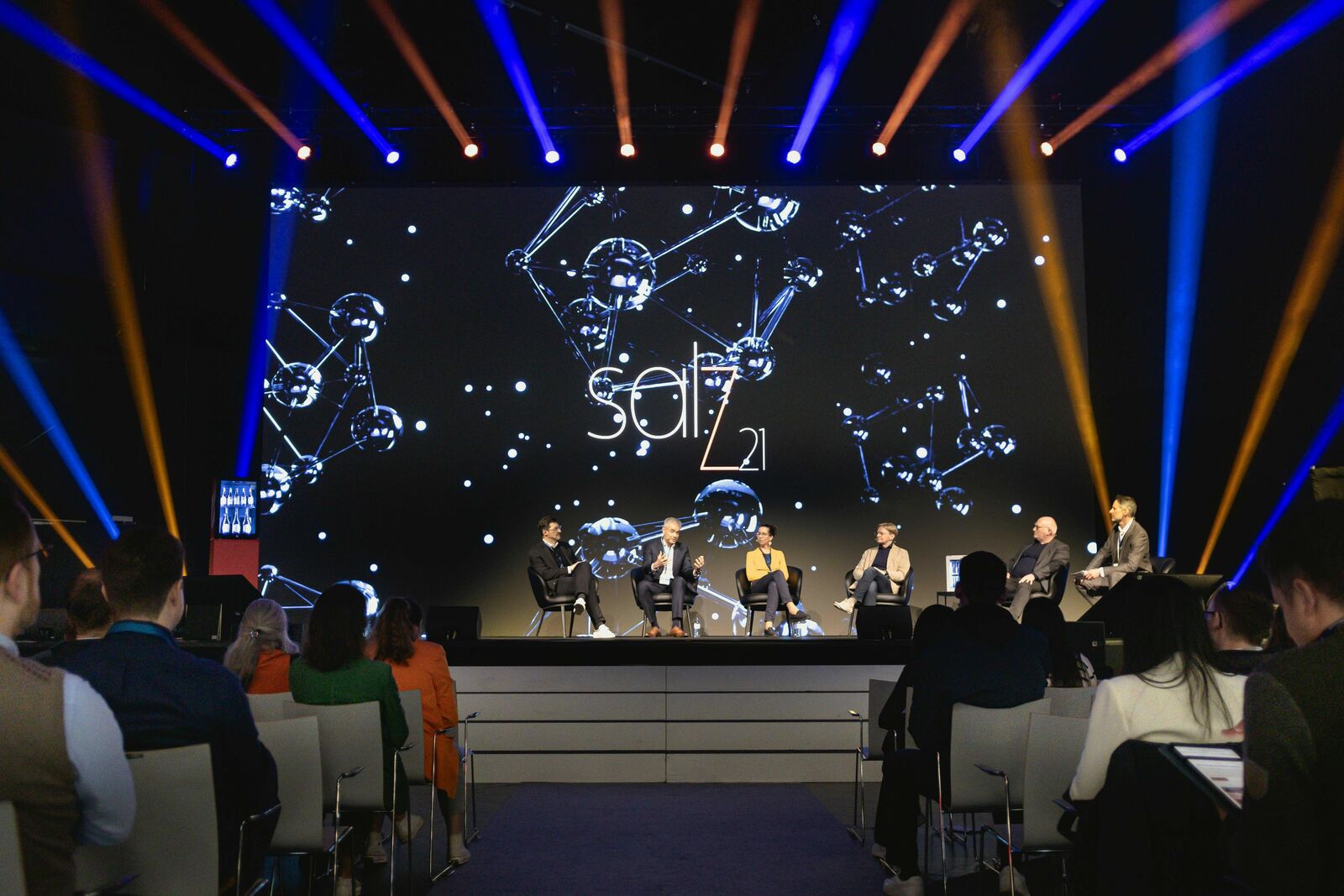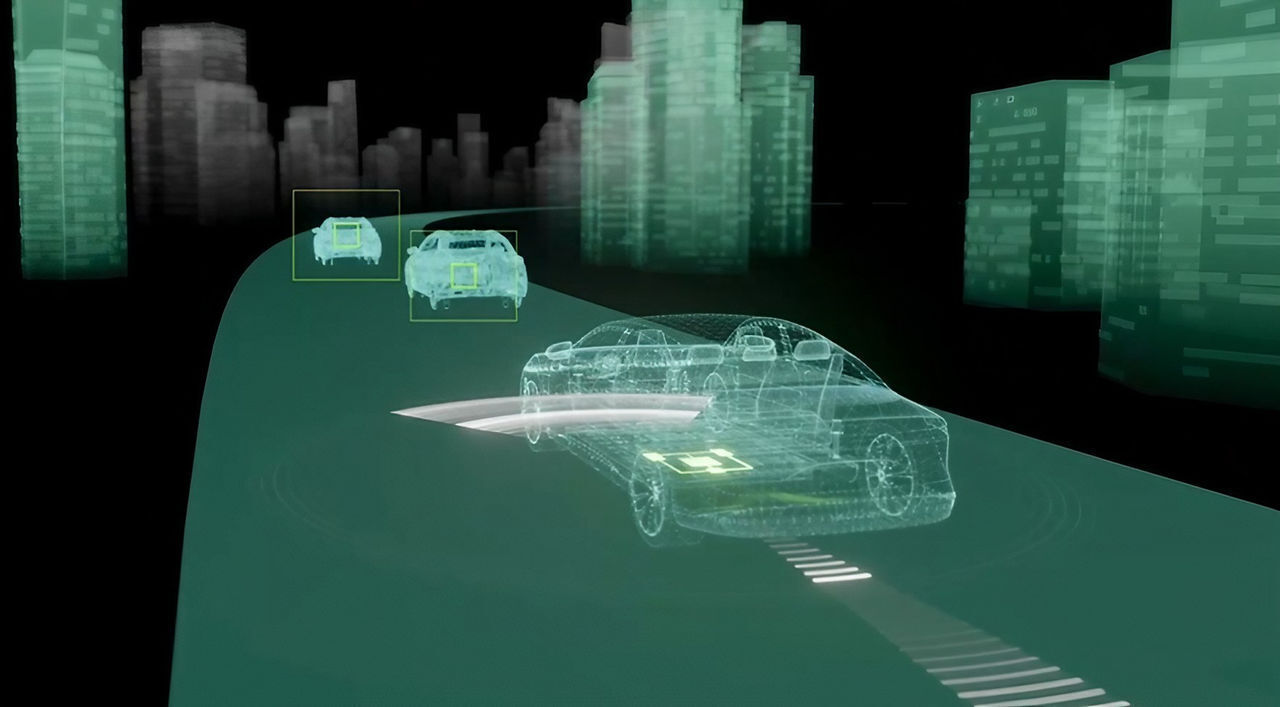The value of artificial intelligence – no process without AI

For us, AI is a strategic driver on the road to the future of the automotive industry. Whether in autonomous driving or in quality assurance, in the supply chain or in administrative work: We are bringing artificial intelligence into all areas. In this way, we are accelerating development cycles, automating processes and promoting new ideas – including in design and material construction. This is how we are actively shaping the future of the automotive industry.






















